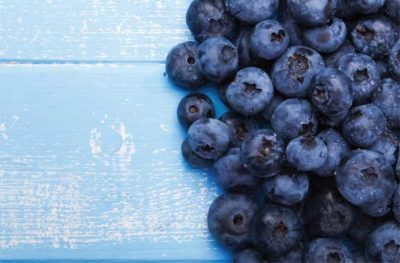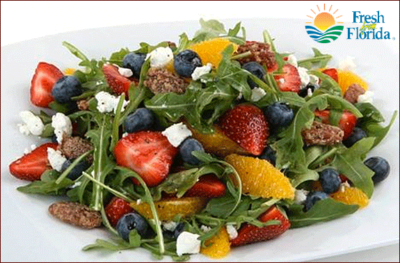
- Home
- About Us
- Hall of Fame
- UF/IFAS Blueberry Extension
- Blueberry Fans
- Grower
- Contact Us
Positively Affecting the Blueberry Industry with ‘Little Changes’ Campaign
 Q&A with Bill Braswell on Recent Bills Past
Q&A with Bill Braswell on Recent Bills Past
With Jeanette Klopchin, Pollinator Protection Specialist, Division of Agricultural Environmental Services, FDACS
Avoiding Water Stress During the Fruit Development Period
<a href="http://52.23.187.59/wp-content/uploads/2016/07/crop-insurance-graphic-e1468335039586.jpg"><img src="http://52.23.187.59/wp-content/uploads/2016/07/crop-insurance-graphic-e1468335039586.jpg" alt="crop-insurance-graphic" width="575" height="322" class="aligncenter size-full wp-image-2414" /></a>
<a href="http://52.23.187.59/wp-content/uploads/2016/07/farm-management-graphic.jpg"><img src="http://52.23.187.59/wp-content/uploads/2016/07/farm-management-graphic.jpg" alt="farm-management-graphic" width="575" height="322" class="aligncenter size-full wp-image-2425" /></a>
<strong>Highlights and risk management strategies from the 2016 Florida Agriculture Financial Management Conference</strong>
<strong>Last year’s chill hours and tracking temperatures for 2016-17 winter </strong>
WHEN I THINK of the recent challenges growers have faced, I’m reminded of a quote, which I’m sure many of you have heard: “The farmer has to be an optimist or he wouldn’t still be a farmer.” Made memorable by Will Rogers, this quote rings true for today’s growers as much as it did in his era (if not more).
U.S. CONSUMERS prefer Florida blueberries above all others, and a new online survey conducted by the UF/IFAS Center for Public Issues Education (PIE) in Agriculture and Natural Resources proves it. The study, funded by a Specialty Crop Block Grant from the Florida Department of Agriculture and Consumer Services, surveyed consumers in 31 U.S. states about their preference for buying blueberries in the grocery store. The survey showed that consumers preferred blueberries from Florida over berries from any other top 10 blueberry-producing state. However, the valuable information from the survey doesn’t end there. <!--more-->
<strong>Industry can generate more consumer demand for blueberries through agritourism and health benefit awareness, UF report states</strong>
<strong>Where are we now with blueberry crop insurance and the Florida blueberry market?</strong>
<span style="font-size: 10pt;">SPONSORED</span>
<span style="font-size: 10pt;">SPONSORED</span>
One of the great parts of working in Florida agriculture is that every year we get to start fresh. If we learn from past successes or mistakes, then we have another opportunity to do a better job in a new season. But putting last season behind us will not be easy for some. While those fortunate few who had a good season or those who had crop or whole farm revenue insurance will be okay, many other farms are strained‑financially.

